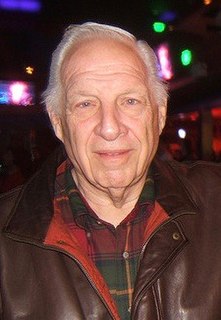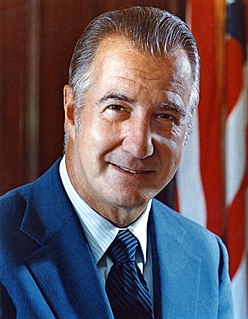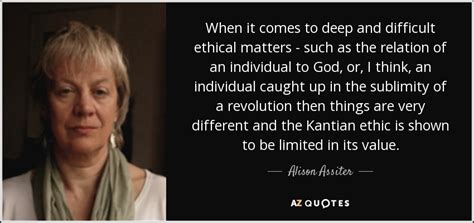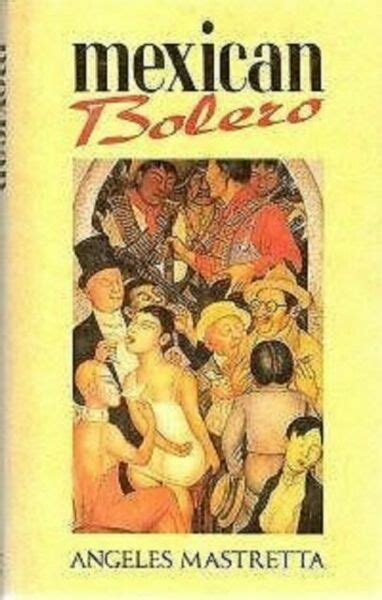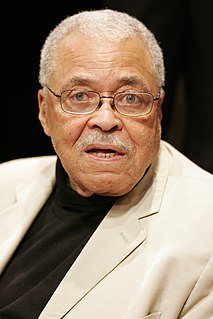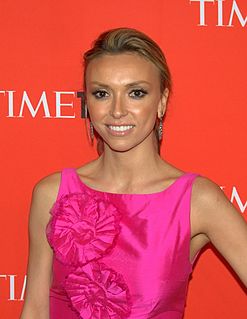A Quote by Marisha Pessl
In college I studied '60s and '70s radicalism, student activism, forms of political violence, groups like the Weathermen, the Black Panthers, the Symbionese Liberation Army, the New Left.
Related Quotes
We like to think of the '60s as Martin Luther King, Jr. and Malcolm X and a little bit of friction - no, there were all of these different groups. There was the Student Nonviolent Coordinating Committee (SNCC), the Black Panthers, Martin and Malcolm, but also the Whitney Youngs of the world, the Bayard Rustins of the world.
As for those deserters, malcontents, radicals, incendiaries, the civil and uncivil disobedients among the young, SDS, PLP, Weathermen I and Weathermen II, the revolutionary action movement, the Black United Front, Yippies, Hippies, Yahoos, Black Panthers, Lions and Tigers alike - I would swap the whole damn zoo for a single platoon of the kind of young Americans I saw in Vietnam.
From a political perspective, it is important to uphold certain universal principles so that, for example, you can condemn both Islamist forms of violence and injustice as well as forms of violence and injustice from other groups - some superpowers, for example, or the English Defence League, as other examples.
The violence of the Left is symbolic, the injuries are not intended. The violence of the Right is real - directed at people, designed to cause injuries. Vietnam, nuclear weapons, police out of control are intentional forms of violence. The violence from the Right is aimed directly at people and the violence from the Left is aimed at institutions and symbols.

